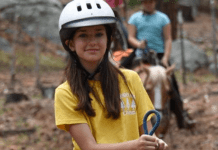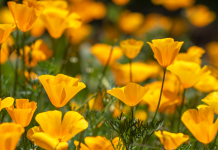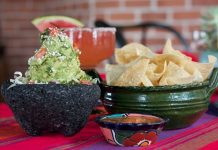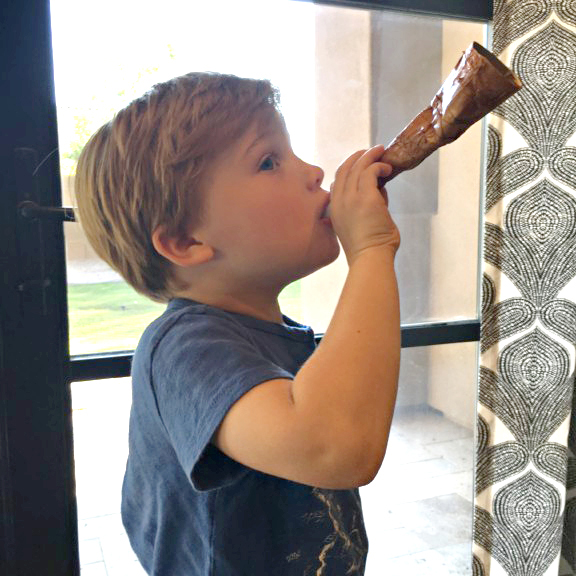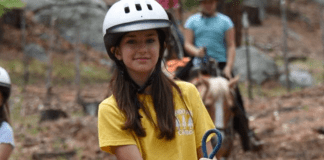We are an interfaith family. While neither my husband nor I are deeply religious, it is important to us for our children to be raised with an understanding of religions, particularly the traditions and sense of community that comes with religion.
Although I was raised Jewish, I’d rate my understanding of the religion mediocre at best. As the parent who is supposed to be knowledgeable about the religion we are choosing to teach our children, I am so thankful we placed my son in a religious preschool where he is learning and I am re-learning a lot about Judaism with the basic explanations he comes home with.
So as we enter what are considered the holiest days for the Jewish religion, I thought I’d share a bit about what the Jewish High Holidays, more properly known as the Yamim Noraim, are and a few explanations for discussing it with your kids. Interesting fact: The celebration of the High Holy Days is why there’s now a Fall Break at most schools!
Rosh Hashanah (rosh ha-sha-NAH) is the Jewish New Year. When I asked my 4 year old to tell me about Rosh Hashanah, he said
We play and sing some songs and eat apples and honey and blow the blower.”
- Apples and honey are a significant combination for the holiday. These two items are combined for a sweet treat to represent a sweet new year. A common phrase you’ll hear people wish for others.
- Another standard for most Jewish holidays is the delicious challah bread. However, on Rosh Hashanah the challah is round instead of the typical braided loaf to signify the cyclical nature of the year.
- The “blower” as my son calls is actually a shofar (which is traditionally a hallowed out ram’s horn). The shofar is blasted to get everyone’s attention and awaken them to the new year and the chance to start fresh. As my son’s teacher explained it, it’s just like a coach blowing a whistle to get everyone focused before starting a game.
Lastly, Yom Kippur (yom key-POOR) is the day of atonement and leading up to that day we are taught to think about the mistakes we’ve made and ask for forgiveness.
In preschool terms…
Everyone makes mistakes, but you should always say sorry and promise not to do them again.”
Keep in mind, this is a preschool version of these holidays and there is far more involved than what is explained here. For those who celebrate, may you have a sweet new year!
Class is dismissed.

